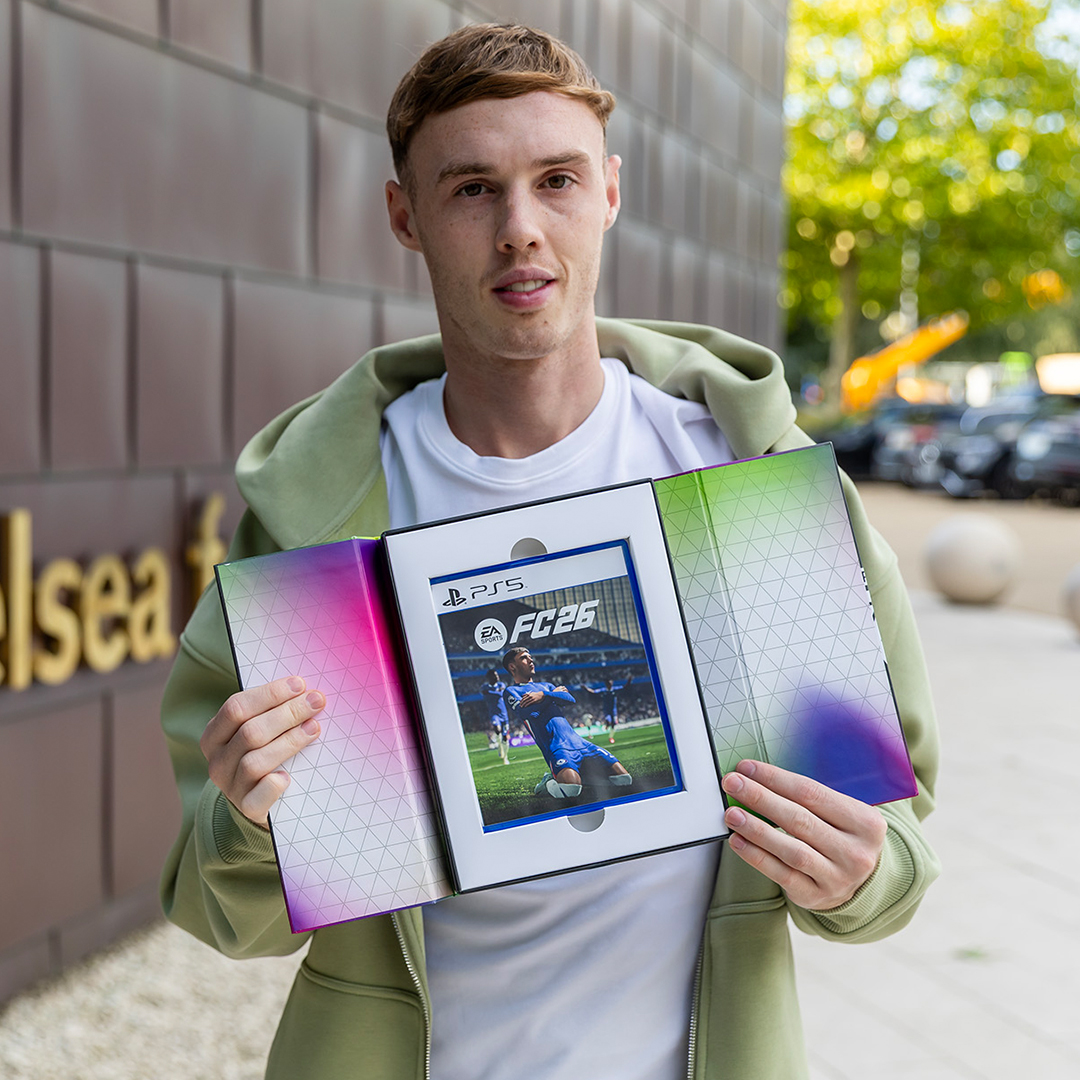
 Chelsea's Cole Palmer/HANDOUT
Chelsea's Cole Palmer/HANDOUTDepending on how you spent or are spending your youth (and maybe large chunks of your adult years) the phrase “EA Sports — it’s in the game” is probably ingrained in your memory.
And with the blockbuster announcement that Electronic Arts is being sold for $55bn (Sh7trillion), well, EA is in the news.
Noted, not as catchy. But keep in mind the gaming company being sold for such an astronomical amount is not the primary reason the sale is a hot topic of conversation.
That has been reserved for where the money is coming from. EA’s new owners will be a consortium spearheaded by Saudi Arabia’s Public Investment Fund (PIF), whose portfolio includes Newcastle United, the LIV Golf franchise and a range of boxing events.
The takeover of the Premier League club, the investment in boxing and the creation of the breakaway golf tournament were met with an abundance of scrutiny.
And when you consider that the EA deal is 11 times the PIF’s investment in golf and 180 times the cost of Newcastle, it is perhaps not surprising that PIF’s acquisition of one of the biggest gaming companies in the world has also raised a few eyebrows.
“It’s massive news in terms of Saudi Arabia’s soft power strategy. EA is the perfect company for what Saudi Arabia wants to achieve in terms of its influence,” said George Osborn, editor of Video Games Industry Memo. “For Saudi Arabia, it’s an enormous win. Whether it is for everyone else, that’s a different question.”
The Saudi Arabian government has spent years denying claims of ‘sportswashing’ - sponsoring or hosting sporting events to promote a positive public image and distract attention from human rights issues. Prominent critics of the country often point to its treatment of women, LGBT rights and use of the death penalty.
Osborn said he believed the state-funded PIF making such a huge step into the gaming industry was the latest step by Saudi Arabian officials to put forward their narrative.
He said: “Let’s say, for example, a mum goes to the supermarket and picks up a copy of EA Sports FC off the shelf.
“They’re not thinking about the geopolitics. They are just thinking of fun. And this is the genius of Saudi Arabia’s strategy - that the country becomes associated with fun.
“They recognise that video games have cultural influence. By buying these companies, they are attracting people to their cause for the politics behind this.”












